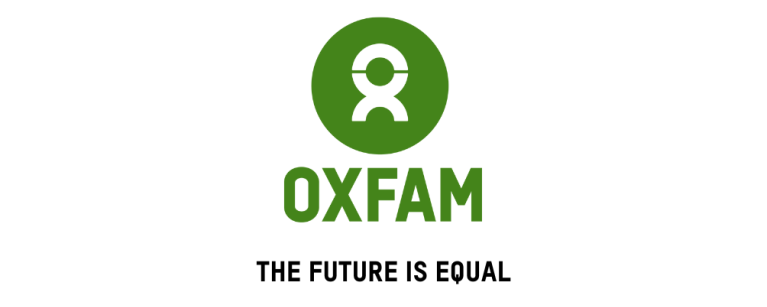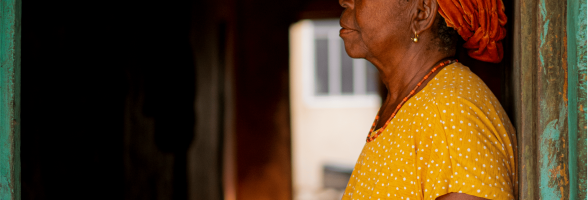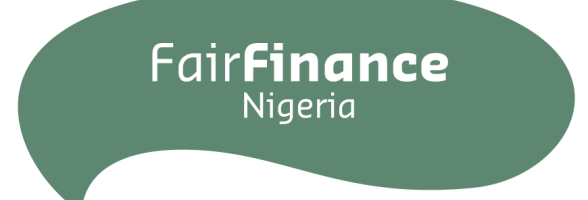As the world anticipates the 4th International Conference on Financing for Development (FfD4), Nigeria is demanding urgent, equitable, and transformative reforms that will accommodate the deepening financing gaps affecting developing countries. A newly released policy brief titled “Financing for Development in Nigeria: Sectoral Context and Insights for the Fourth International Conference” outlines the country’s critical sectoral challenges and offers strategic policy recommendations that Nigeria will present at FfD4.
The report indicates that Nigeria’s financing architecture is strained. While there has been some success, Nigeria continues to experience low domestic resource mobilization, serious structural inequalities in the international finance systems, and increasing vulnerability to climate risks. The financing gap for key development sectors such as education, health, agriculture, and climate adaptation and resilience continues to be alarmingly low. Education funding has fallen to just 5.11% of the national budget in 2023, well below the UNESCO thresholds of 15 - 20%, and Nigeria has over 10 million children out of school, the largest number in the world.
Similarly, Nigeria's health sector is also at a tipping point. Health spending stands at only 3.9% of GDP. In addition, over 70% of Nigerians pay for health care out of pocket, a reality that is knocking millions of people into poverty. Following recent cuts to U.S. health aid, Nigerian lawmakers approved an emergency $200 million allocation to sustain disease control programs. However, systemic underfunding continues to threaten the country’s ability to build resilient health systems.
Agriculture, which hires over 35% of all employees in Nigeria, receives less than 3% of the federal budget, or less than a third of the 10% target of the Maputo Declaration. One major reason for the level of food insecurity is due to the food income gap arising from loss of harvest, and dependency on too many imports, as Nigeria imports over $5 billion in food annually. As well, authorities are still grappling with the $100 billion (in excess) deficit in infrastructure that continues to reduce and cripple industrial productivity and service delivery.
The climate impacts have compounded the need for financing. Nigeria only mobilised about $704 million of annual climate finance, against the projected requirement of $177 billion to meet the requirements of the Nationally Determined Contributions (NDCs). Between 2015 and 2021, 75% of the total climate finance received into Nigeria was concessional debt, therefore offsetting the fact that Nigeria was receiving loans despite contributing minimally to global emissions.
The report identifies systemic global inequities, which include illicit financial flows (IFFs) being about $18 billion annually alone in Nigeria, as barriers to sustainable development. The current debt service ratio exceeds 70% of government revenue, tightening the fiscal space required for long-term investments in people and infrastructure.
Nigeria’s Key Demands at FfD4:
- Reform Global Financial Architecture: Nigeria is advocating for fairer international tax rules, effective measures to curb IFFs, and democratisation of global financial governance to include African voices.
- Unlock Concessional and Grant-Based Climate Finance: Rebalancing global climate funding away from loans and toward grants, especially for adaptation and loss & damage.
- Promote Innovative Financing Instruments: Expand use of green bonds, diaspora bonds, debt-for-development swaps, and results-based financing, including at the subnational level.
- Strengthen Domestic Resource Mobilisation: Broaden the tax base through digital platforms, enhance subnational fiscal capacity, and reduce reliance on oil.
- Support Subnational Leadership and Civil Society: Institutionalise state-level development finance units and build civil society platforms to track expenditure and co-create financing frameworks.
“We cannot build resilient futures on broken systems. FfD4 must go beyond promises. It must deliver justice for every child out of school, for every farmer displaced by floods, and for every family trapped by preventable health crises.”
Nigeria's participation in FfD4 will demonstrate its dual commitment to continuing to deepen domestic reforms and to demanding accountability on the world stage. From tax equity to climate justice, Nigeria is advancing a new era of financing, based on inclusion, fairness, and results.
The upcoming FfD4 conference, convened by the United Nations Department of Economic and Social Affairs (UNDESA), presents a once-in-a-decade opportunity to reframe the global financing dialogue. Nigeria urges all nations to rise to the moment and deliver on the promise of sustainable development for all.
ENDS
Maxwell Osarenkhoe | Communication Officer | maxwell.osarenkhoe@oxfam.org | +234 807 594 9898
For more information about Oxfam and its work in Nigeria, follow us on X(Twitter), Facebook, Instagram and LinkedIn
Download Financing Development in Nigeria report



